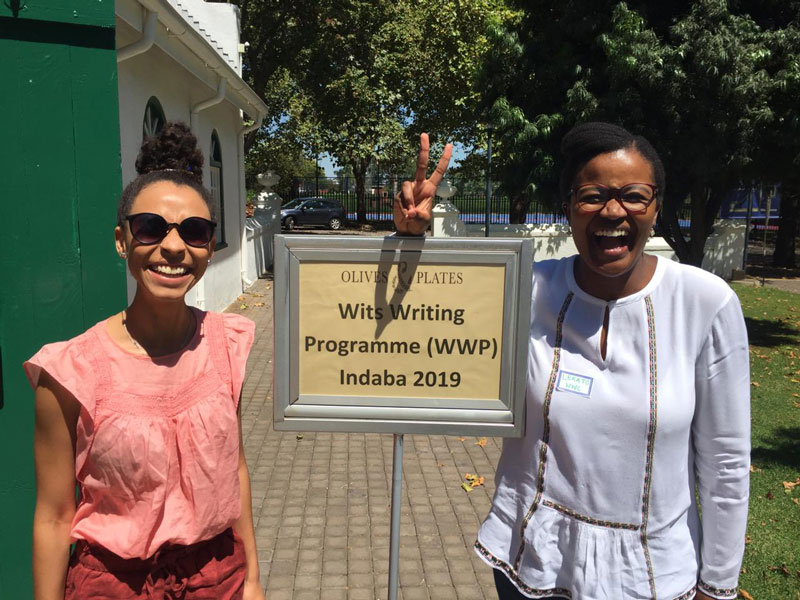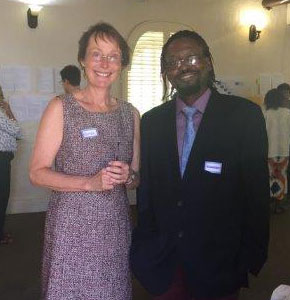Wits Writing Programme
The Wits Writing Programme (WWP) currently includes over 40 Writing Intensive (WI) courses across all faculties. These are existing, discipline-specific courses which use writing to deliver the content and critical thinking aims required by each course.
Writing in WI courses is understood not as the packaging of thought, not as an afterthought to thinking, but rather as the process of thinking itself.
This idea of writing includes reading, conversation, informal writing activities, as well as formal writing activities. Writing in WI courses is employed cognitively and rhetorically. Writing to learn activities help students to generate and expand ideas through informal writing; learning to write activities help students to act within the discipline by learning to writing discipline-specific texts.
WI courses require a practitioner who is reflective and interested in surfacing, making explicit, and finding ways to help the students learn and practice the thinking desired by the particular discipline. The first task in adapting a course to make it WI is to consider the key critical thinking aims which the course seeks to achieve, and then to consider ways to thread back activities to develop that thinking.



 Prof. Pam Nichols and
Prof. Pam Nichols and